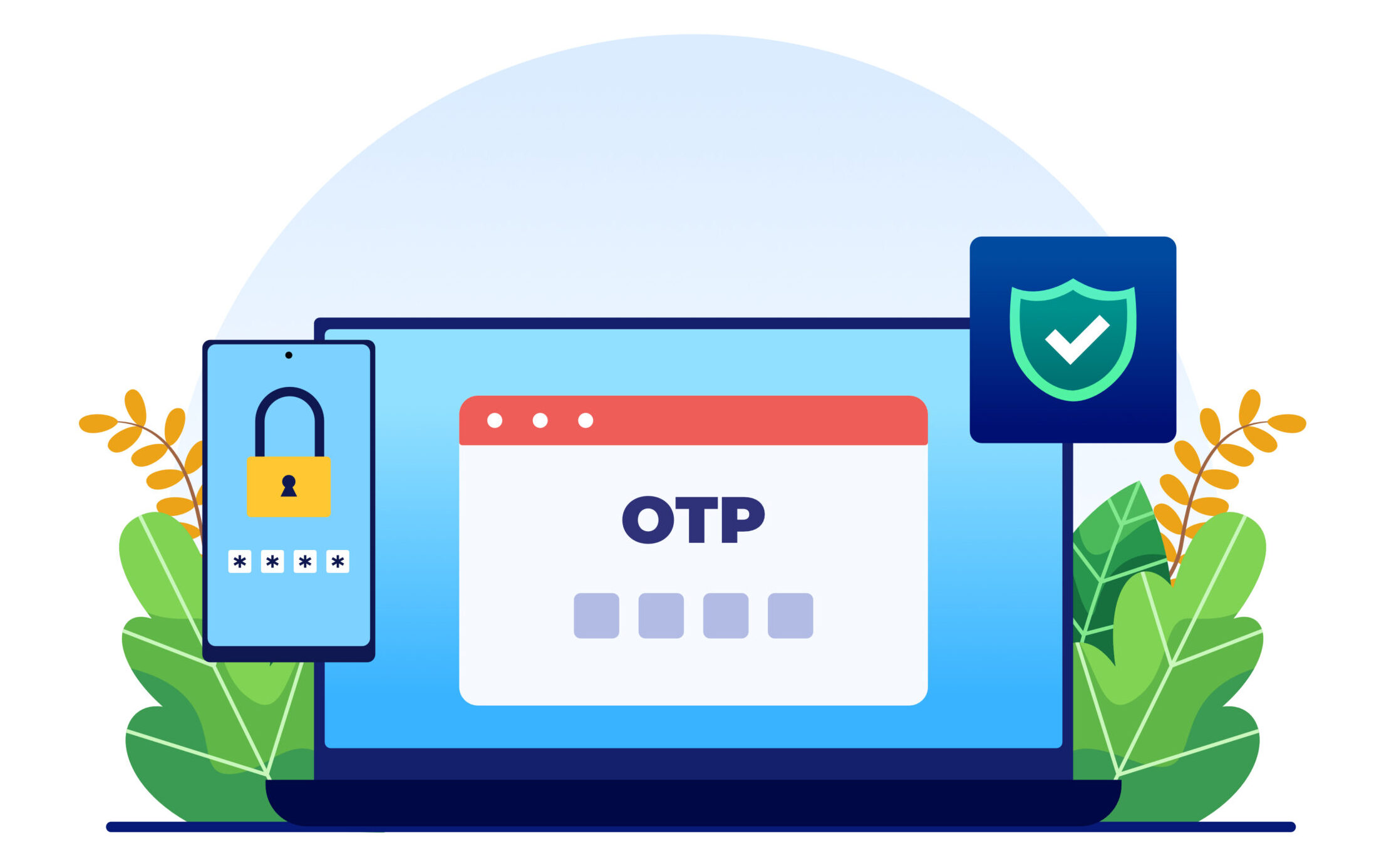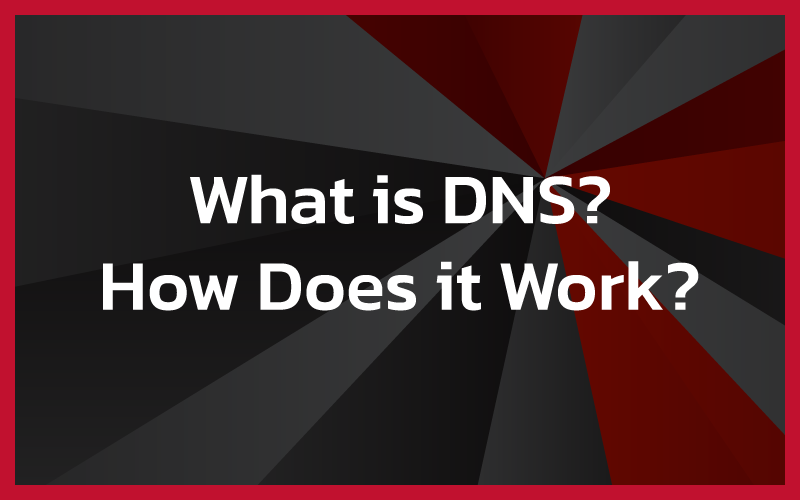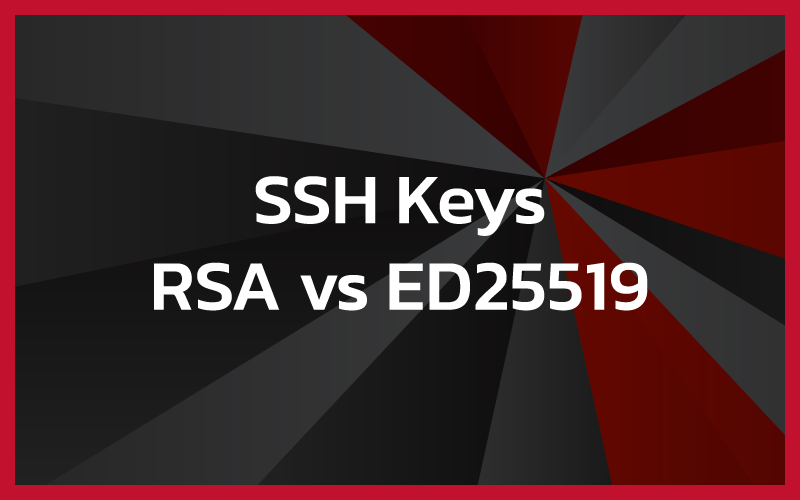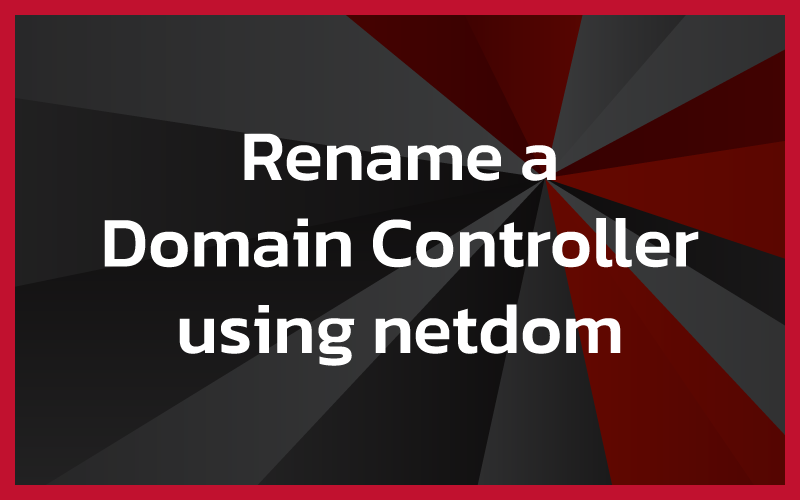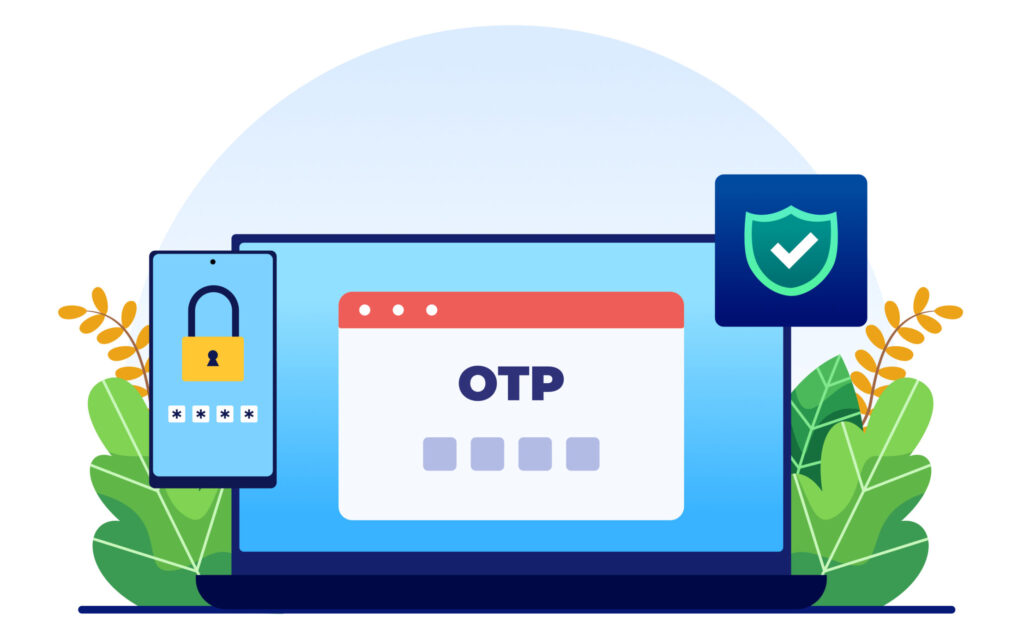SSL certificates play an important role in securing the internet. They protect sensitive information, build user trust, and even contribute positively towards your website’s SEO efforts. Whether you’re a small blog owner or run an enterprise level e-commerce site, having an SSL certificate should be on top of your priority list for ensuring data security and integrity for yourself and your customers.
What is an SSL Certificate?
SSL stands for Secure Sockets Layer, a global standard security technology developed by Netscape in 1994. It enables encrypted communication between your web browser and a web server, ensuring all data remains completely private and secure.
An SSL certificate is essentially a data file hosted in a website’s origin server. It makes SSL encryption possible by linking the website’s identity with a cryptographic key pair – a private key that securely stays with the user and a public key that is available in the public domain.
When installed on a web server, it activates the padlock on your browsers address bar and the https protocol (over port 443) allowing secure connections between your website and the visitors browser. In simpler terms, it turns your HTTP (Hyper Text Transfer Protocol) site into HTTPS, where ‘S’ stands for ‘secure’.
Why are SSL Certificates Important?
Enhanced Security
The primary purpose of an SSL certificate is to protect client-server communication. Once an SSL certificate is in place, every bit of information is encrypted. In layman’s terms, the data is locked and can only be unlocked by the intended recipient (browser or server) as no one else can have the key to open it. While dealing with sensitive data such as IDs, passwords, credit card numbers, etc., SSL helps you protect against mischievous armies of hackers and skimmers.
Trust and Credibility
Besides encryption and authentication, SSL certificates are vital from a customer trust point of view. The easy-to-identify signs inform the users that the data they send will be secured. Once they know that you’re a legitimate entity, they’re far more likely to do business with you or even revisit your site.
SEO Advantages
Google loves SSL. That’s right! Back in 2014, Google made changes to its algorithm in order to give the upper hand to HTTPS-enabled websites. This has been evident in various studies conducted by SEO experts around the world. So if you want to boost your ranking position, having an SSL certificate is a step in the right direction.
Types of SSL Certificates
There are three types of SSL certificates available are Domain Validated (DV), Organization Validated (OV), and Extended Validation (EV). The encryption levels are the same for each certificate; what differs is the vetting and verification processes needed to obtain the certificate.
- Domain Validated (DV) certificates are basic types where only domain ownership is checked.
- Organization Validated (OV) certificates require real agents to verify the identity of the business behind the domain.
- Extended Validation (EV) certificates provide the highest level of trust and validation as they thoroughly vet businesses.
DV (Domain Validated) SSL Certificates
DV certificates are the most basic type of SSL certificate. They are primarily used to encrypt data transmitted between a user’s browser and a website server. The validation process for a DV certificate is minimal and focuses solely on verifying that the certificate applicant has control over the domain in question. This is usually done by sending an email to the domain owner or by using DNS records to prove ownership. DV certificates are ideal for personal websites, blogs, or small businesses looking to secure their websites affordably and quickly. However, they do not display any organization information in the certificate details, so they offer the least assurance to website visitors.
OV (Organization Validated) SSL Certificates
OV certificates provide a higher level of validation compared to DV certificates. In addition to verifying domain ownership, the Certificate Authority (CA) conducting the validation process also validates the legal existence and identity of the organization behind the website. This involves checking the organization’s official documents, business licenses, and other pertinent information. OV certificates are suitable for businesses and organizations looking to demonstrate their legitimacy and build trust with their website visitors. These certificates display organization information in the certificate details, offering increased transparency and assurance.
EV (Extended Validation) SSL Certificates
EV certificates are the most secure and trusted type of SSL certificates. They offer the highest level of validation and assurance to website visitors. To obtain an EV certificate, an organization must go through a rigorous validation process, which includes verifying not only domain ownership and organization information but also conducting a thorough background check to ensure the organization is legitimate and in good standing. Websites with EV certificates display a green address bar in most web browsers, along with the organization’s name, providing a strong visual indicator of trust and security. EV certificates are typically used by e-commerce websites, financial institutions, and large corporations where trust is of utmost importance.
The differences between DV, OV, and EV SSL certificates is the depth of validation and the level of assurance they offer to website visitors. DV certificates are the simplest and quickest to obtain, while EV certificates are the most trusted. OV certificates offer a middle-ground option with a balance between validation and affordability.
All certificates offer the same levels of encryption and security.

